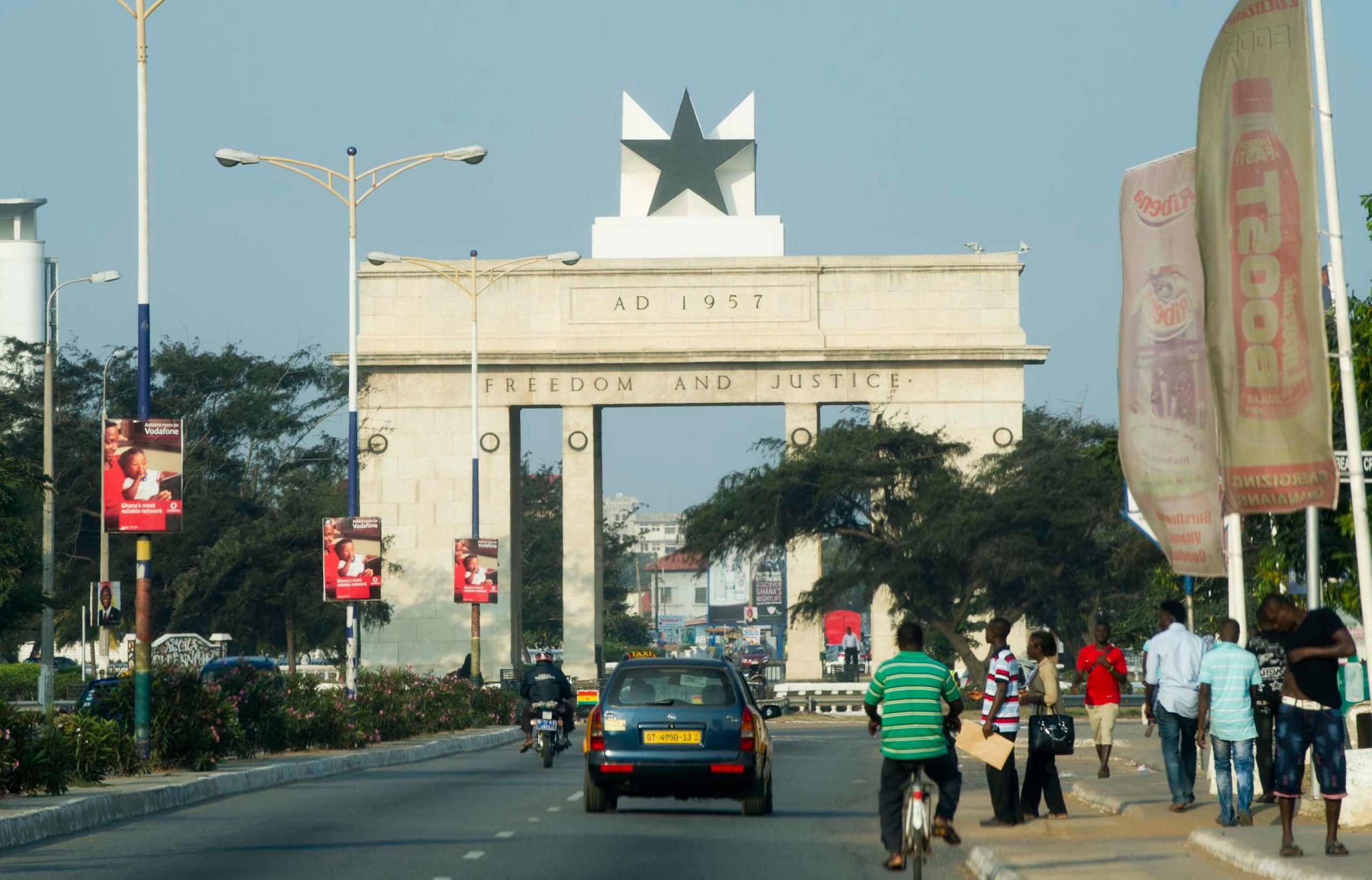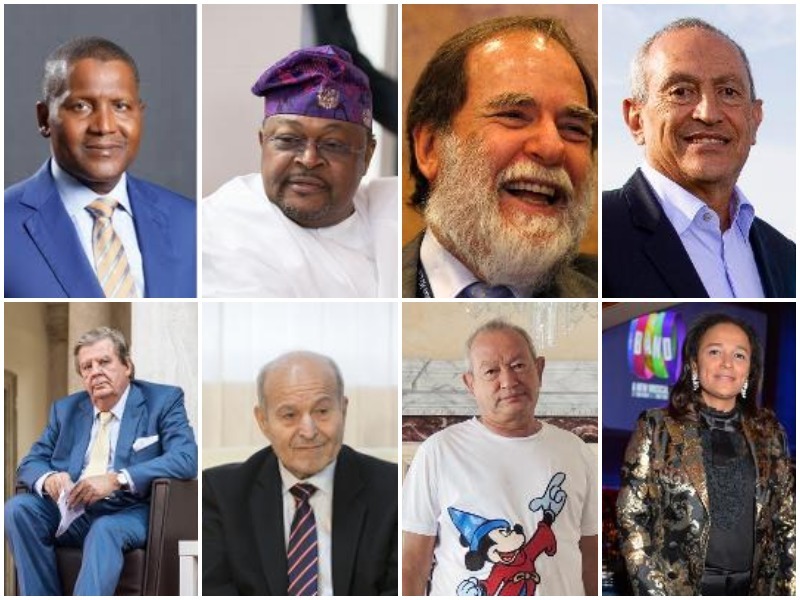With the scheduled exit from an IMF credit deal by year-end, ongoing fiscal and monetary reforms, and an historic consolidation agenda for the banking sector, 2018 was a trying year for the Ghanaian economy.
Despite the scope of the adjustments, local sentiment among the business community has remained robust with 93% of respondents to Oxford Business Group’s second Business Barometer: Ghana CEO Survey saying they have positive or very positive expectations of local business conditions in the coming 12 months.

Carried out over a nine-month period in 2018 with 99 C-Suite executives, the survey found that 75% of participants deemed the level of transparency to be high or very high for conducting business in Ghana relative to the region; a rate that could improve with the implementation of the IMF’s Enhanced General Data Dissemination System in November 2018 targeting greater data transparency.

The prevailing optimism can be attributed to a number of factors including, first and foremost, a recovery in oil prices. Output from the Jubilee offshore field – the country’s first major oil find – in 2011 saw GDP expand by 14% that year, only to drop to 4% in 2014 after the slump in oil prices. A gradual recovery of the latter has since seen the economy grow again, expanding by 8.4% in 2017 according to the IMF’s October 2018 “World Economic Outlook” report, on the back of enhanced output and exports. The trend has trickled into 2018 with crude oil exports increasing by 66% as of October 2018, compared to the same period in 2017, generating $3.8bn. The fact, however, that 61% of OBG’s survey respondents point to the rise in oil prices as the top external event that could impact the economy in the short to medium term demonstrates the vulnerability it is exposed to should prices go the wrong way again.
The same goes for other major commodities the country is accustomed to exporting in bulk such as cocoa and gold. In the 10 months leading up to October 2018, cocoa shipments declined by 21%, reaching $1.7bn, while gold dropped 2.7% to $4.8bn, according to data from the Bank of Ghana.
While under way, efforts to drive economic prosperity away from relying on unprocessed commodity exports are still in their early stages, leaving the country vulnerable to economic shocks.
The confidence observed among the country’s business community could perhaps also be interpreted as a wider recognition that inefficiencies need to be dealt with and that the short-term pains resulting from the ongoing reform agenda for fiscal and monetary stability are required to produce much-needed, longer-term benefits. Largely outlined by the IMF as part of a $918m three-year credit deal to improve fiscal management and strengthen public finances, the country has strived to narrow its budget deficit and reduce public debt levels since 2015, and according to Ken Ofori-Atta, minister of finance, the economy has fared rather well in that regard: using the newly rebased GDP, Ghana is expected to meet its fiscal deficit target of 3.7% in 2018 and is projecting a budget deficit of GHS14.5bn ($3.1bn), or 4.2% of GDP.
Other indicators testifying to the country’s improved fundamentals include its trade surplus, which more than doubled year-on-year to reach $1.7bn by October 2018, up from $731m during the same period in 2017.
With the IMF deal scheduled to end in December 2018, Ghanaian authorities have expressed determination not to resort to the same form of bailout in the future, and commitment to consolidate the macroeconomic gains achieved so far, notably though monetary and fiscal discipline. To support these claims, the government of President Nana Akufo-Addo passed the much-anticipated Fiscal Responsibility Act in early January 2019, establishing the Fiscal Council and the Financial Stability Council with the objective of ensuring the budget deficit is maintained below 5% of GDP and that the debt-to-GDP ratio does not exceed 65%.
The challenge ahead is no small one but it is a great opportunity for Ghana to capitalise on lessons learned and independently steer its economy. Some of the immediate term challenges identified through our survey include the country’s tax environment, which 57% deemed as uncompetitive or very uncompetitive on a global scale, as opposed to 35% who deemed it competitive. Access to credit was also said to be difficult or very difficult by
77% of the survey participants.

Author: Souhir Mzali, Africa Regional Editor, OBG
Source: www.oxfordbusinessgroup.com



